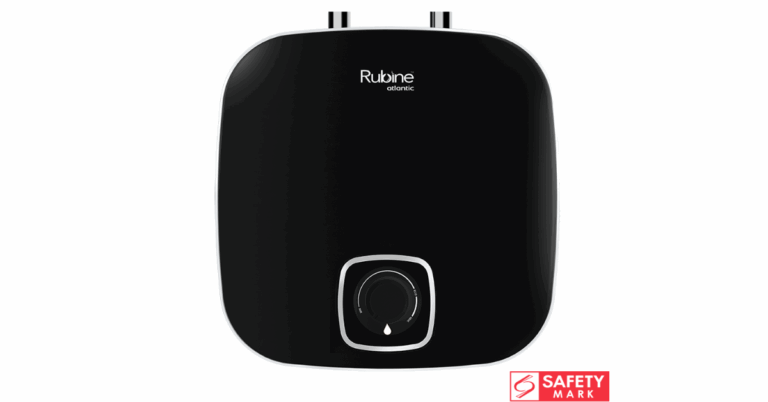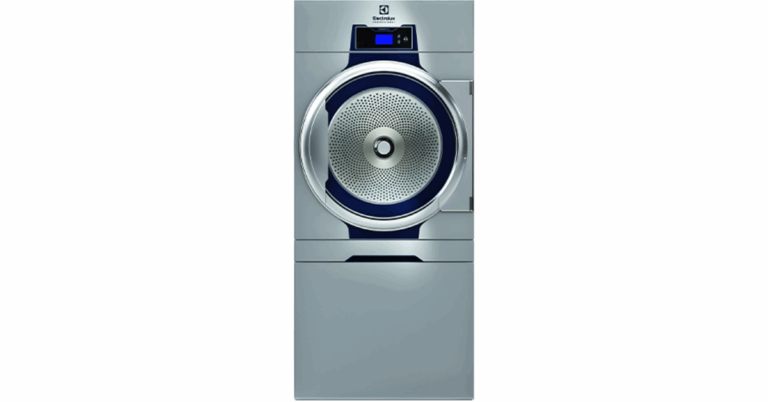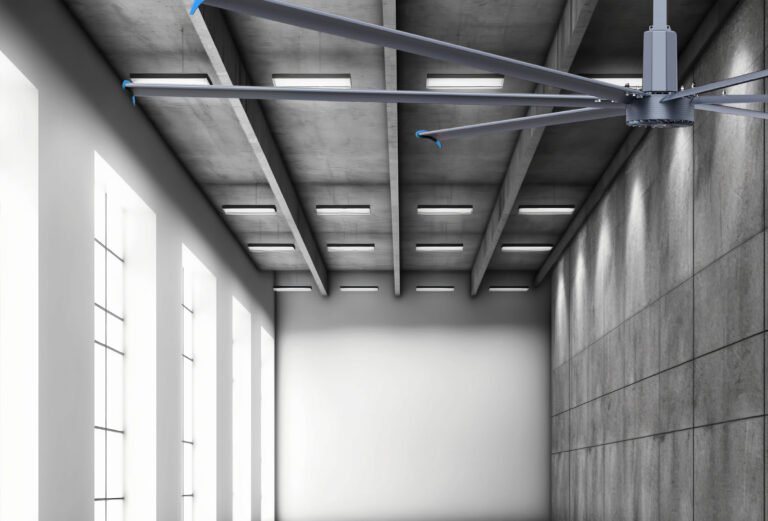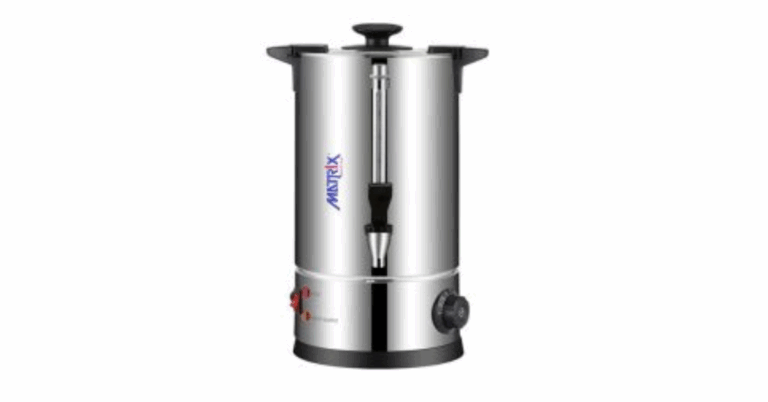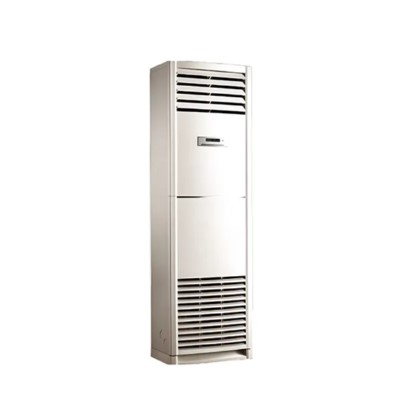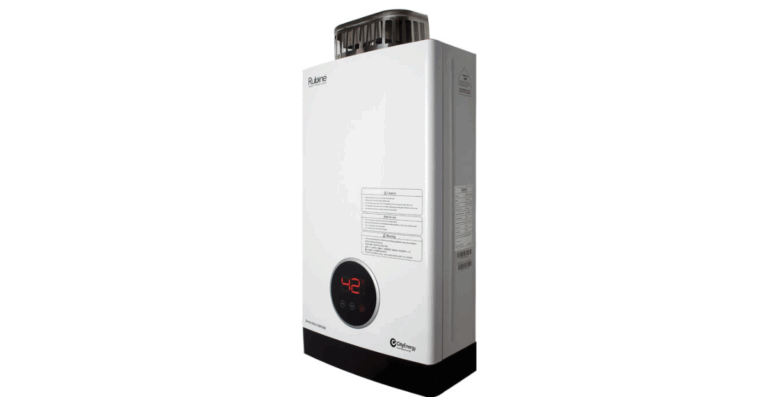Understanding 50Hz vs. 60Hz Washing Machines for Marine and Cruise Ship Laundry Efficiency
Laundry operations on marine vessels and cruise ships face unique challenges, from space limitations to strict energy management and harsh environmental conditions. One critical factor often overlooked when selecting onboard washing machines is the machine’s electrical frequency compatibility—specifically whether the appliance is designed for 50 60hz Washing Machine power systems.
Choosing the right washing machine frequency not only ensures optimal performance and longevity but also contributes to energy efficiency and operational reliability in marine environments.
What is Electrical Frequency and Why Does it Matter?
Electrical frequency, measured in Hertz (Hz), refers to the number of cycles per second in an alternating current (AC) power supply. Different regions around the world use either 50Hz or 60Hz frequency standards:
-
50Hz is common in Europe, Asia, Africa, and parts of South America.
-
60Hz predominates in North America, parts of South America, and many marine power systems.
Marine vessels often conform to one of these standards depending on their origin, routes, or power systems onboard. Therefore, selecting washing machines compatible with the ship’s electrical frequency is essential.
Key Differences Between 50Hz and 60Hz Washing Machines
Motor Speed and Performance
-
60Hz washing machines generally have motors that operate faster due to the higher frequency, resulting in shorter washing cycles and more rapid drum rotations.
-
50Hz washing machines operate at a slightly lower speed, which may lead to longer cycle times.
This difference can affect laundry throughput, which is a critical consideration on cruise ships and cargo vessels with high laundry volumes.
Energy Consumption and Efficiency
Both 50Hz and 60Hz machines are designed for their specific electrical frequency to maximize energy efficiency. Using a machine on the wrong frequency can cause:
-
Overheating and excessive wear on motors.
-
Inefficient power consumption.
-
Reduced lifespan of the appliance.
Hence, matching the washing machine frequency with the vessel’s power system is vital for maintaining energy-efficient operations.
Mechanical and Electrical Compatibility
Washing machines built for 50Hz and 60Hz power supplies differ in their internal electrical components such as transformers, capacitors, and motor windings. Using a 50Hz machine on a 60Hz supply or vice versa without proper adaptation can cause malfunction or damage.
Why Frequency Compatibility is Critical for Marine Laundry Equipment
Ensuring Reliable Operations
Marine laundry rooms require continuous and reliable operation to handle the massive laundry demands of crew and passengers. Equipment that is frequency-compatible with the ship’s power system avoids unexpected breakdowns, minimizes maintenance, and reduces downtime.
Energy Management and Sustainability
Energy onboard a ship is often limited and costly. Using appropriately rated washing machines reduces unnecessary energy waste and supports sustainable shipboard operations.
Compliance with Marine Safety Standards
Marine electrical standards are strict to ensure safety and performance. Washing machines designed for specific frequencies meet these regulations, ensuring the safety of crew and passengers.
Choosing the Right Washing Machine for Your Vessel
Assess Your Ship’s Electrical System
Before purchasing, verify whether your vessel’s electrical system operates on 50Hz or 60Hz. This information is crucial in selecting washing machines that will function correctly and efficiently onboard.
Consider Load Capacity and Space Constraints
Modern marine washing machines come in various sizes, with capacities typically ranging from 6kg to 20kg or more, to suit different laundry volumes. Select machines that balance capacity with the available space in your laundry area.
Opt for Marine-Grade Durability
Marine laundry appliances must endure salty air, high humidity, and constant vibrations. Choose washing machines built with corrosion-resistant materials and designed for rugged marine use.
Energy Efficiency Features
Look for machines with features such as variable-speed motors, moisture sensors, and energy-saving cycles. These reduce water and power consumption, aligning with energy conservation goals.
Benefits of Using Frequency-Appropriate Washing Machines on Ships
-
Optimized Performance: Machines run at their designed speed and power, ensuring thorough cleaning and shorter cycle times.
-
Reduced Maintenance: Proper frequency matching reduces motor strain, lowering repair costs and extending machine life.
-
Energy Savings: Efficient power consumption contributes to reduced fuel use and operational costs.
-
Safety Assurance: Compliance with electrical standards enhances safety onboard.
-
Increased Laundry Throughput: Faster cycles enable handling large volumes of laundry essential for cruise ships and cargo vessels.
Tips for Maintaining Washing Machines in Marine Environments
To maximize the lifespan and performance of your 50Hz or 60Hz washing machines:
-
Regular Cleaning: Clean detergent dispensers and drum interiors to prevent buildup.
-
Ventilation: Ensure laundry rooms have good ventilation to minimize humidity.
-
Routine Inspections: Check electrical connections and seals for corrosion or wear.
-
Professional Servicing: Schedule regular maintenance checks by qualified technicians familiar with marine appliances.
-
Use Marine-Grade Detergents: These reduce residue and prolong machine life.
The Future of Marine Laundry: Energy-Efficient and Frequency-Compatible Appliances
As sustainability becomes a priority for the shipping industry, manufacturers are innovating with energy-efficient washing machines that are fully compatible with marine power systems. Advances such as smart sensors, optimized motor designs, and hybrid washing-drying units provide vessels with powerful solutions to meet high laundry demands while minimizing environmental impact.
Conclusion
Selecting the right washing machine frequency—whether 50Hz or 60Hz—is a critical decision for marine and cruise ship operators. Compatibility with the ship’s electrical system ensures efficient, reliable, and safe laundry operations, which are vital to maintaining hygiene and passenger comfort onboard.
By investing in marine-grade, frequency-appropriate washing machines, ship operators can enhance laundry efficiency, reduce operational costs, and support sustainable maritime operations.


